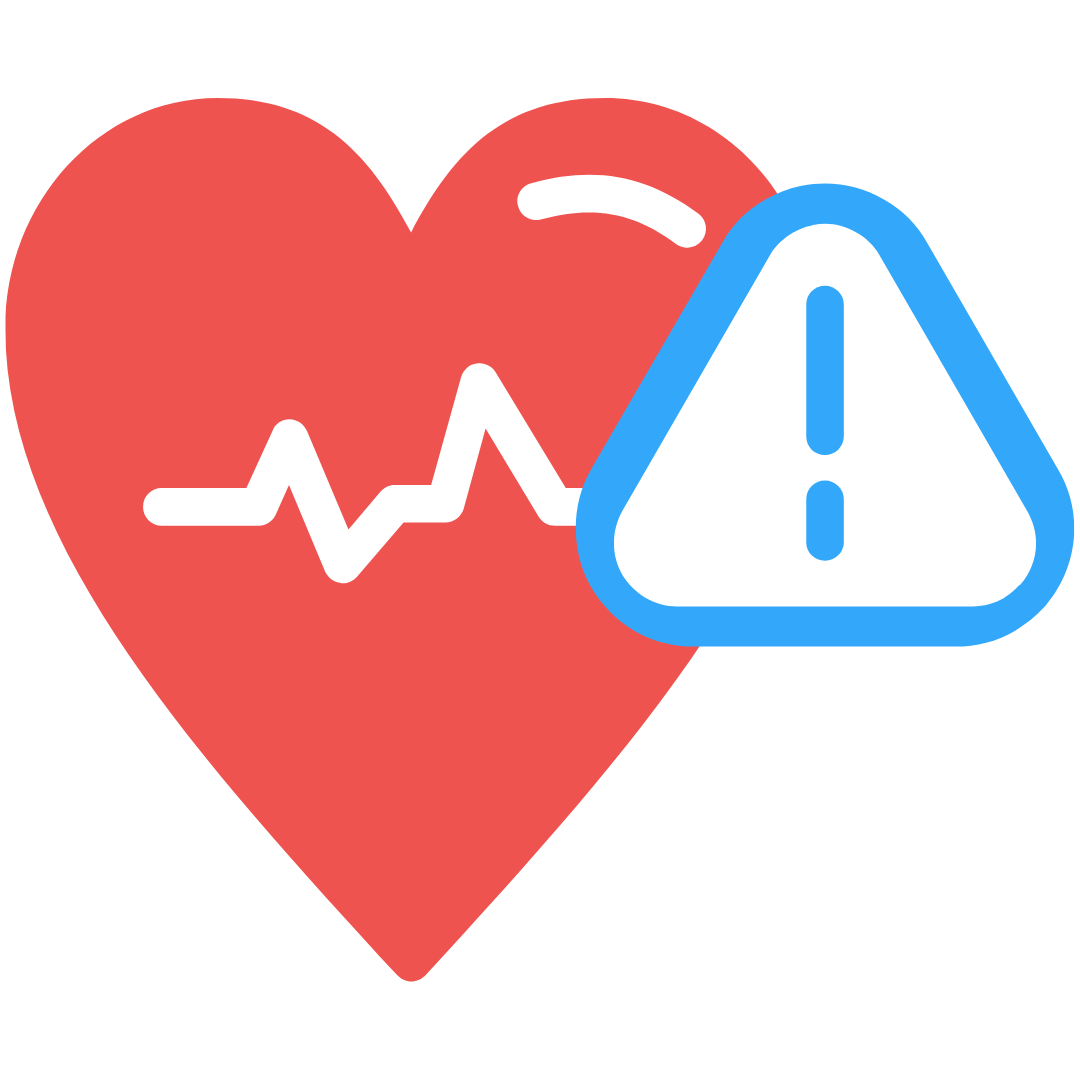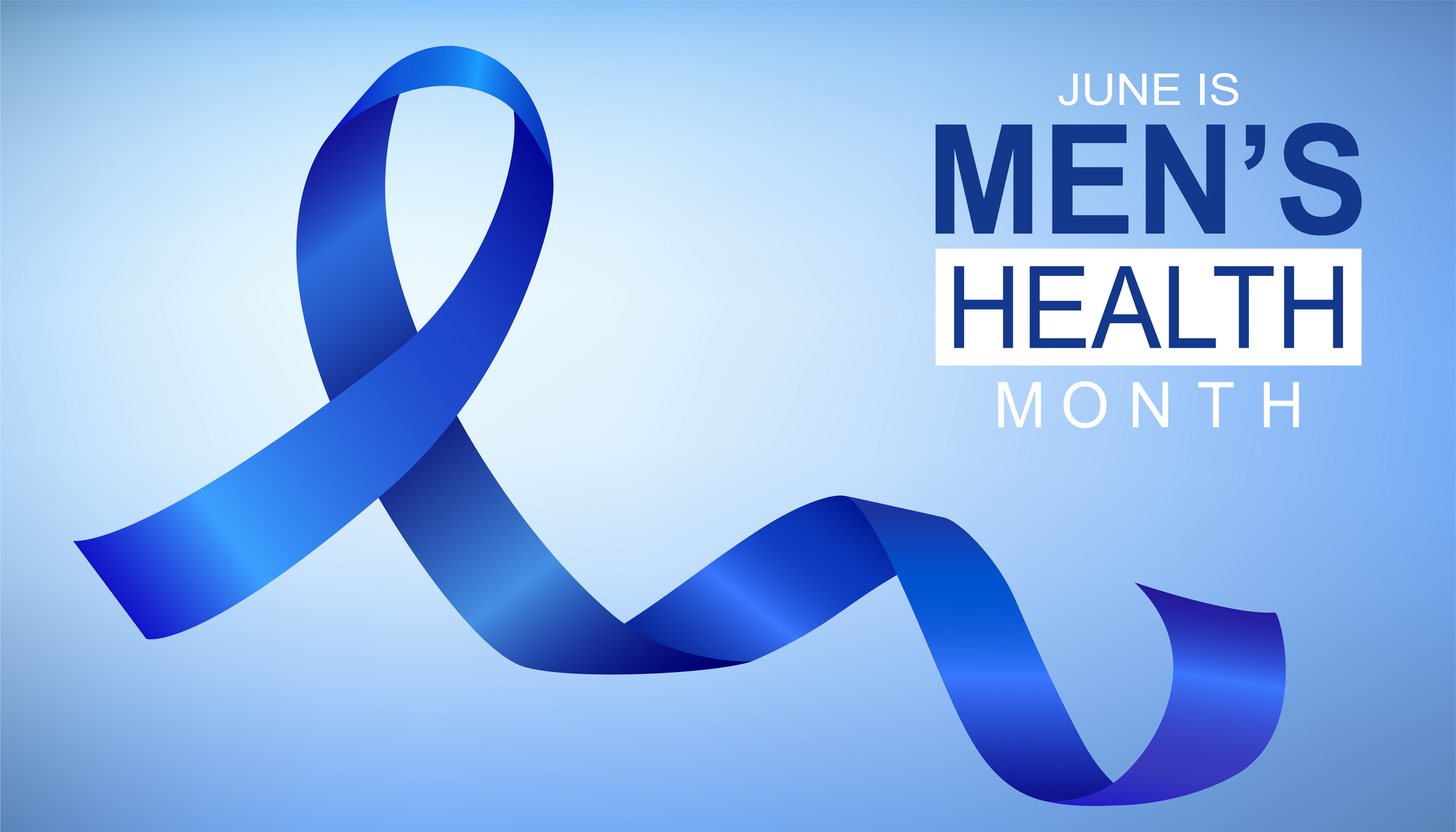There are many risk factors involved with high blood pressure, but the 12 listed below are among the most common. High blood pressure is a common condition where the long-term force of the blood against artery walls is high enough to cause health problems such as heart disease. Blood pressure is determined is by the amount of blood the heart pumps versus the amount of resistance to blood flow in the arteries. When increasing the volume of blood and narrowing the arteries, higher pressures arise – potentially resulting in high blood pressure.
- Age: As people age, the risk of high blood pressure is elevated. Around age 45, high blood pressure is more common in men. Women have a greater risk of developing high blood pressure after age 65.
- Race: High blood pressure is particularly common among African Americans, often developing at an earlier age than Caucasians.
- Family History: High blood pressure tends to be hereditary.
- Being Overweight/Obese: The more a person weighs, the more blood is required to supply oxygen and nutrients to tissues. As the volume of blood increases, so does the pressure on artery walls
- Lack of Physical Activity or Exercise: Individuals who are inactive tend to have higher heart rates. The higher your heart rate, the harder the heart must work – increasing the force on arteries.
- Use of Tobacco: Smoking or chewing tobacco has an immediate, temporary effect on your blood pressure. In addition, the chemicals in tobacco can potentially damage the lining of your artery walls – causing your arteries to narrow. This narrowing affect increases blood pressure. Secondhand smoke can also increase your blood pressure.
- High Sodium Diet: Having an excess of sodium in your diet causes your body to retain fluid, which contributes to an increase in blood pressure.
- Lack of Potassium in Your Diet: Potassium helps regulate the amount of sodium in your cells. Without enough, you may accumulate too much sodium in your blood.
- Prolonged Periods of Too Much Alcohol: Over time, excessive drinking can damage the heart. Having more than two drinks a day for man and more than one drink per day for women may affect blood pressure.
- Not Enough Vitamin D: While there are still uncertainties surrounding this statement, Vitamin D may affect an enzyme produced by your kidneys that affects blood pressure.
- Stress: High levels of stress may lead to a temporary increase in blood pressure. Attempting to alleviate stress through eating, drinking, or tobacco, you may contribute to problems with high blood pressure.
- Certain Chronic Conditions: Certain chronic conditions may increase the risk of high blood pressure, such as kidney disease, diabetes, and sleep apnea.
Source: www.mayoclinic.org



